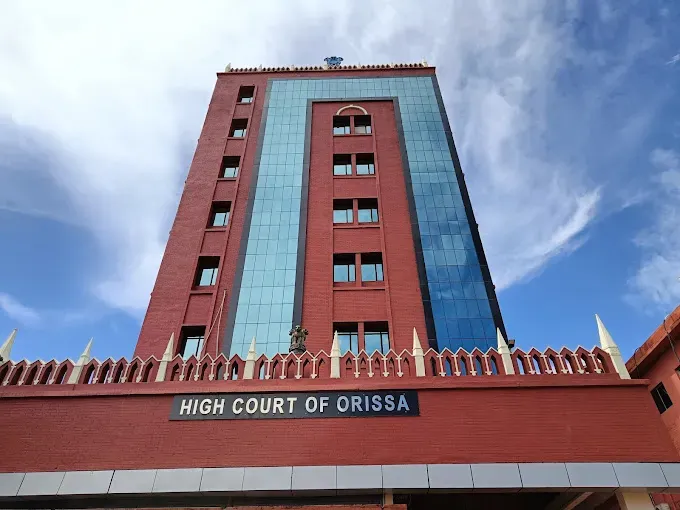The Orissa High Court, in a significant judgment, has brought attention to the growing menace of social media trolling and its influence on the functioning and perception of the judiciary. The case arose from a writ petition filed by a senior judicial officer who challenged the decision to prematurely retire him from service. The petitioner contended that the decision was influenced by unsubstantiated criticisms circulated on social media platforms and boycotts initiated by the Bar, which, he argued, were never the result of any proven misconduct on his part.
The State had justified the decision to retire the officer by pointing to a breakdown in relations between the judiciary and the Bar in the district where he had served, suggesting that this friction had made it untenable for him to continue in office. However, the High Court rejected this rationale outright. It observed that boycotts by members of the Bar, even if they occurred, are illegal and cannot be used as grounds to penalize a judicial officer. The Court emphasized that judges cannot be held responsible for disruptions caused by lawyers, particularly when there is no finding of any wrongdoing on the part of the judicial officer in question.
What added a powerful dimension to the judgment was the Court’s direct reference to the impact of social media. The bench noted that in the current digital environment, judges are increasingly becoming targets of ill-informed and unrestrained commentary. It observed that judging has always been a challenging responsibility, but the rise of social media has added a new layer of complexity. Anonymous or malicious trolling, baseless allegations, and emotionally charged narratives can spread rapidly, putting immense pressure on judicial officers and potentially affecting public perception of the judiciary as a whole.
The High Court underscored the importance of due process and official evaluation. It held that unless criticisms are properly recorded in service records or substantiated through inquiry and evidence, they should not influence administrative decisions about a judge’s career. The Court reminded authorities that performance assessments must be based on documented conduct, not on public sentiment or social media trends. The decision to retire the petitioner was therefore found to be unjustified and was set aside, with directions issued to the appropriate Review Committee to reconsider the matter in accordance with the law and principles of fairness.
This judgment is notable not only for reinstating the importance of procedural integrity in administrative decisions involving judges but also for acknowledging the modern realities of how public discourse can influence institutional processes. It serves as a reminder that judicial independence must be preserved not only within courtrooms but also from external narratives that lack accountability. The High Court's decision sends a clear message that unverified online commentary and organized disruptions by the Bar cannot be allowed to erode the dignity of the judiciary or compromise the careers of judicial officers who have otherwise served honorably.










0 Comments
Thank you for your response. It will help us to improve in the future.